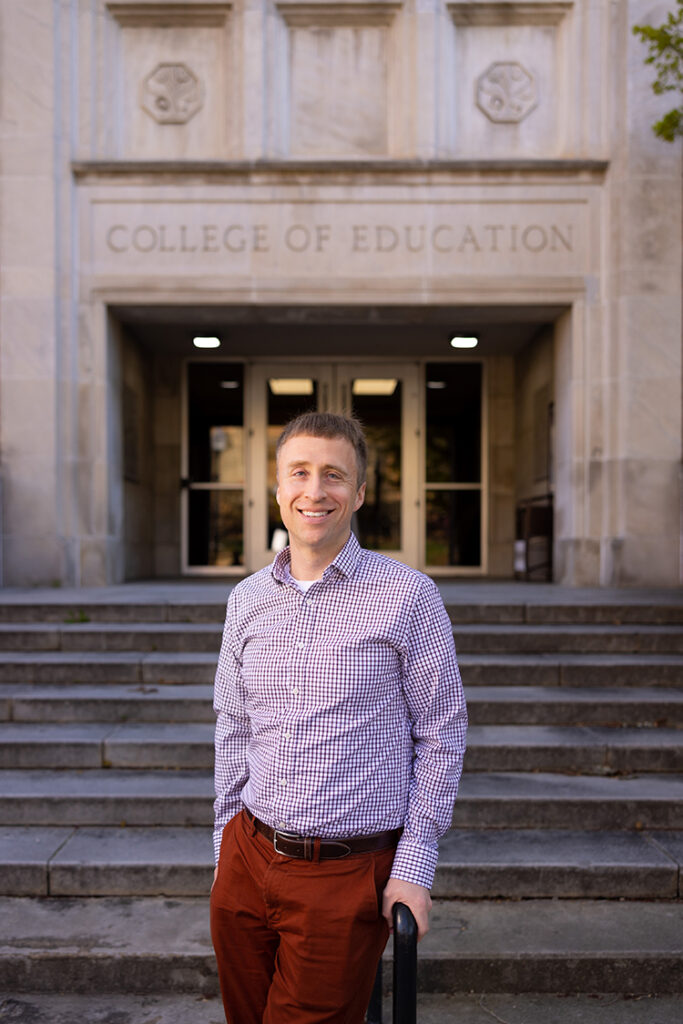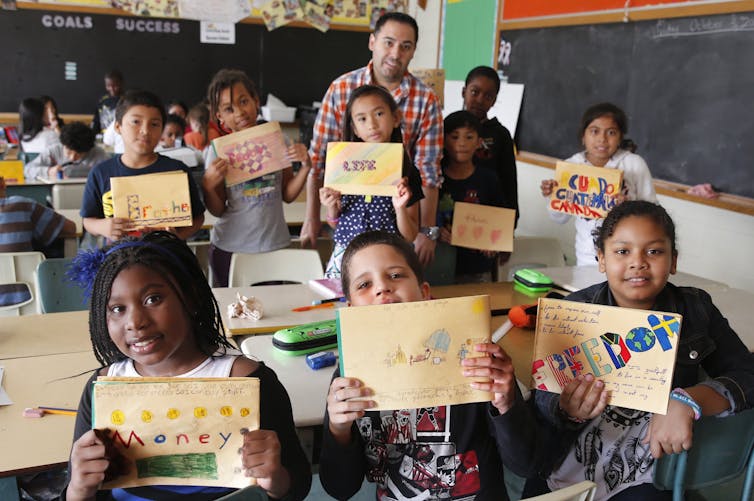Denise Dean Inducted into Educators Hall of Honor
Denise Dean Inducted into Educators Hall of Honor

Denise Dean’s love for children is what led her to start the East Tennessee Freedom Schools where she is the Executive Director. ETFS delivers the Children’s Defense Funds’ Freedom Schools® program that helps children fall in love with reading and engage in social and civic action. They operate three sites, two in Knox County and one in Blount County. She is proud to offer a program that makes a difference and where communities of children and families can learn, love and flourish.
In 2003 Denise left IBM as an executive where she led and worked in the areas of sales, management training, executive coaching, and Organization Development. She left to become an elementary school teacher. She spent her first year of teaching with 5th-grade students in San Jose, CA. In subsequent moves she delivered programs and tutored children at elementary schools in Bethel, Connecticut, Dubai, U.A.E., and here in Knoxville, TN.
Denise’s IBM career, teacher training, and life experience have prepared her well for her current journey. Making the CDF Freedom Schools® program available to children in neighborhoods across East Tennessee is how she will leverage her experience to make a positive difference.
In addition to running ETFS, Denise serves on the boards of Muse Knoxville, the East Tennessee Foundation, the Community Building Institute, and Harmony Family Center.
Denise has a Bachelor of Arts from Harvard College, a Masters in Organization Development from American University, and a Teaching Credential from San Jose State University.








